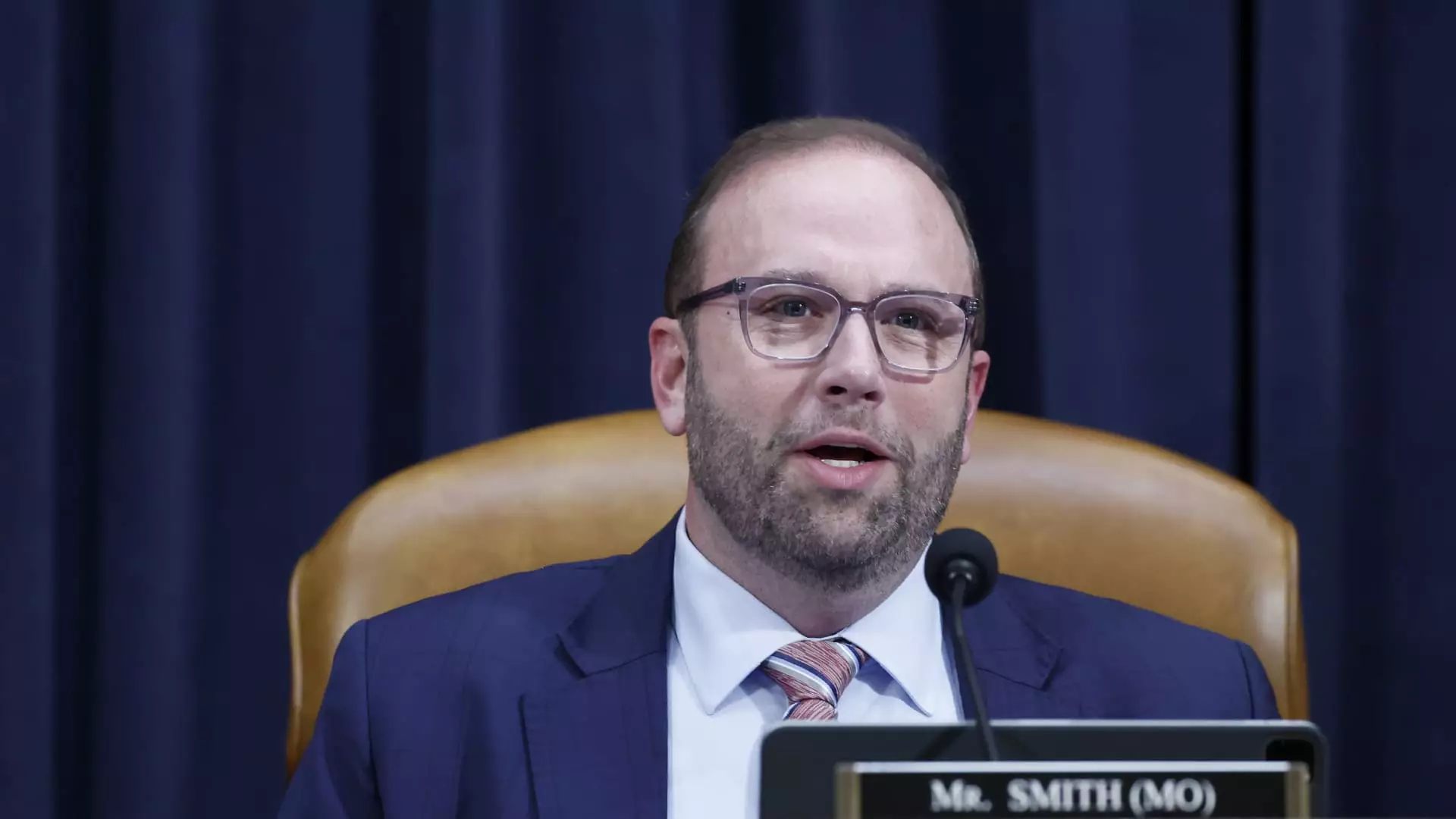As the political landscape shifts in Washington, D.C., the future of tax legislation hangs delicately in the balance. With the impending expiration of several key provisions from the Tax Cuts and Jobs Act (TCJA) set to occur after 2025, the urgency for congressional action intensifies. The reality is stark: without intervention, millions of Americans could find themselves facing significant tax increases in a few short years. This situation prompts a closer look at the motivations, implications, and debates surrounding the potential extensions of tax cuts, especially as they pertain to both businesses and families across the nation.
The TCJA, implemented during the Trump administration, introduced sweeping changes to the tax code, including reductions in tax brackets, enhancements to the child tax credit, and an alluring 20% deduction for pass-through businesses. However, the legislation is not permanent. Without Congressional action, critical elements of the TCJA are poised to vanish, potentially leading to a scenario where over 60% of taxpayers will experience an increase in their tax liabilities starting in 2026, as highlighted by the Tax Foundation. This situation has galvanized some House Republicans, who argue for the urgency of making these tax provisions permanent to provide stability for both families and businesses.
Chairman of the House Ways and Means Committee, Jason Smith, R-Mo., underlined this urgency during recent committee hearings, asserting the responsibility of Congress to act before families encounter detrimental financial shifts. His stance reflects a common sentiment among Republican lawmakers who view the TCJA as a pivotal achievement that needs safeguarding from expiration.
Despite the majority opinion among House Republicans, the push to fully extend Trump’s tax cuts is fraught with contention. Critics from both parties argue against the long-term fiscal ramifications of maintaining such expansive tax breaks, particularly given the current concerns about the federal budget deficit. The U.S. Department of Treasury’s report indicating a staggering $710.9 billion deficit for the first three months of fiscal year 2025 speaks volumes. This financial strain raises pressing questions about priorities: Should the government commit to trillions in tax cuts when substantive debt looms?
Moreover, dissenting voices from the Democratic Party highlight the inequities arising from the TCJA. Many argue that the benefits disproportionately skew towards the wealthiest Americans, raising broader societal concerns regarding income inequality. Richard Neal, D-Mass., has vocalized these criticisms, emphasizing the plight of middle-class families who feel little to no relief under the current tax framework.
Financial estimates paint a stark picture of what fully extending these tax cuts could mean. Some projections place the cost at around $4.2 trillion over a decade—an enormous expenditure that raises many eyebrows. When assessing the impact on families and high-income earners, the disparity becomes particularly evident. While average families could see a modest savings of approximately $2,000 annually, the richest 0.1% might benefit by more than $314,000 each, exacerbating existing wealth gaps.
This divisive analysis complicates the discussion surrounding tax cuts, revealing the complex interplay of economic theory, political ideology, and social justice. Lawmakers are torn between advocating for fiscal responsibility and pursuing favorable political outcomes that appeal to their constituencies. The fundamental question remains: Who truly benefits from these tax cuts, and at what cost?
As the stage is set for ongoing debates about the future of tax legislation in America, the coming weeks will be crucial. Will Congress engage in the difficult conversations necessary to reform tax policies in a way that balances fiscal responsibility with equitable growth? Or will the allure of maintaining popular tax cuts overshadow the pressing need for comprehensive economic reform?
At the heart of this discussion lies the lives of millions of American families and small businesses, all with a vested interest in how these legislative decisions unfold. In an era where reform seems perennial, the choices made today will undoubtedly resonate far into the future, molding the landscape of taxation for generations to come.

